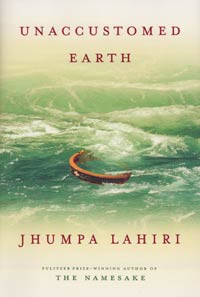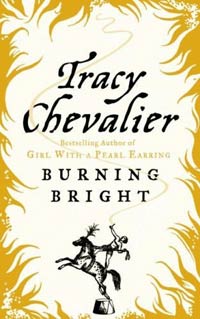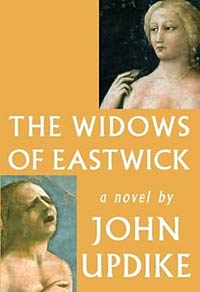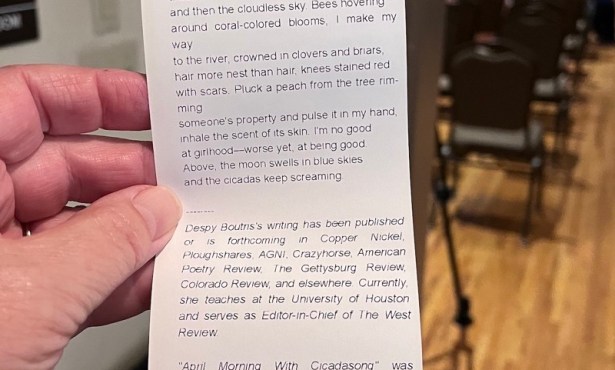Big Names, Small Novels
Hot Off the Press
Several well-known novelists recently put out much-anticipated but not too lengthy titles, and they’ve made their way to The Indy‘s office. The books have made their way in, that is, not the novelists, though a visit from John Updike, Jhumpa Lahiri, Toni Morrison, or Tracy Chevalier would be most welcome. For now, though, we’ll have to settle for the second best thing: appearances in prose form. But considering how much of themselves these authors put into their highly distinctive writing styles and approaches to their subject matter, it’s not a very distant second.

Unaccustomed Earth
by Jhumpa Lahiri
Having your novel adapted into a well-received feature film must be a double-edged sword: The mega-medium that is film attracts readers who might not have sought out your work otherwise, but it trains hundreds of thousands more eyes on your next work, all waiting to see if it can possibly measure up. Jhumpa Lahiri, author of bestseller The Namesake, has found herself in just that tricky position while working on Unaccustomed Earth. The new book, which assumes a shape midway between that of the novel that preceded it and the short story collection that preceded the novel, collects eight tales that can be read individually but that connect both thematically and in certain elements of content. Having discovered in The Namesake her talent for conveying the Indian immigrant’s rocky American assimilation experience, Lahiri has since refined that skill, and wields it with an even sharper eye for authentic detail this time around.

Burning Bright
by Tracy Chevalier
Also sticking to her strengths is historical fiction writer Tracy Chevalier, who draws from the deep novelistic well of 18th-century London in Burning Bright. When a family on the run from trouble takes a circus job in that most bustling of all western cities, they just so happen to wind up living next door to William Blake. The setting gives Chevalier endlessly rich material; if the eccentric poet didn’t think about a given concept, then it was almost certainly on display somewhere in the sprawling scrum of human genius, misery, and folly that was London in his day. That said, it’s slightly surprising that Chevalier keeps the novel just a shade over 300 pages, not counting the appendix of selections from Blake’s own work. No doubt there are sequels upon sequels waiting to be written.

A Mercy
by Toni Morrison
Shorter still is Toni Morrison’s A Mercy, which weighs in at fewer than 200 pages. But as Morrison’s fans will insist, nothing from this towering icon of American magical realism is lightweight, even if the text itself couldn’t be easier to carry around. Her detractors, however, argue that even Morrison’s longer novels skimp on literary and substantive heft. Considering such conflict, a reader could do worse than to see firsthand what all the fuss is about by giving the new book a look. A Mercy revisits some of the same territory Morrison explored more than two decades ago in Beloved, but the earlier work is such an institution at this point that the later provides a reading experience freer of the baggage of academic focus and immense popular acclaim. Morrison once again probes the human drama of slavery on an intimate scale, as well as the mother-daughter dynamic her work has come to define. This one won’t take the Pulitzer, but it certainly will provide a gateway into a well-respected body of work.

The Widows of Eastwick
by John Updike
John Updike has attracted no less controversy over his long career. Ever since the northeasterner made his literary debut in 1960, readers have been asking, is Updike’s work the best writing to come from his generation, or is it just the overly aestheticized beating of dead horses? Updike’s new novel, The Widows of Eastwick, should keep ’em guessing. The new book extends the thread of 1984’s The Witches of Eastwick, making a return visit to the coven of mystical-powered divorcees 30 years after the events of the first book. Any Updike fan will delight in seeing the once-dispersed Alexandra, Jane, and Sukie reconvene in the Rhode Island hamlet that was once their domain. To reveal plot details risks spoiling the story; let it suffice to say that that those who savor Updike’s usual cocktail of memento mori, malaise, and seductive intrigue won’t shut the cover unsatisfied.



